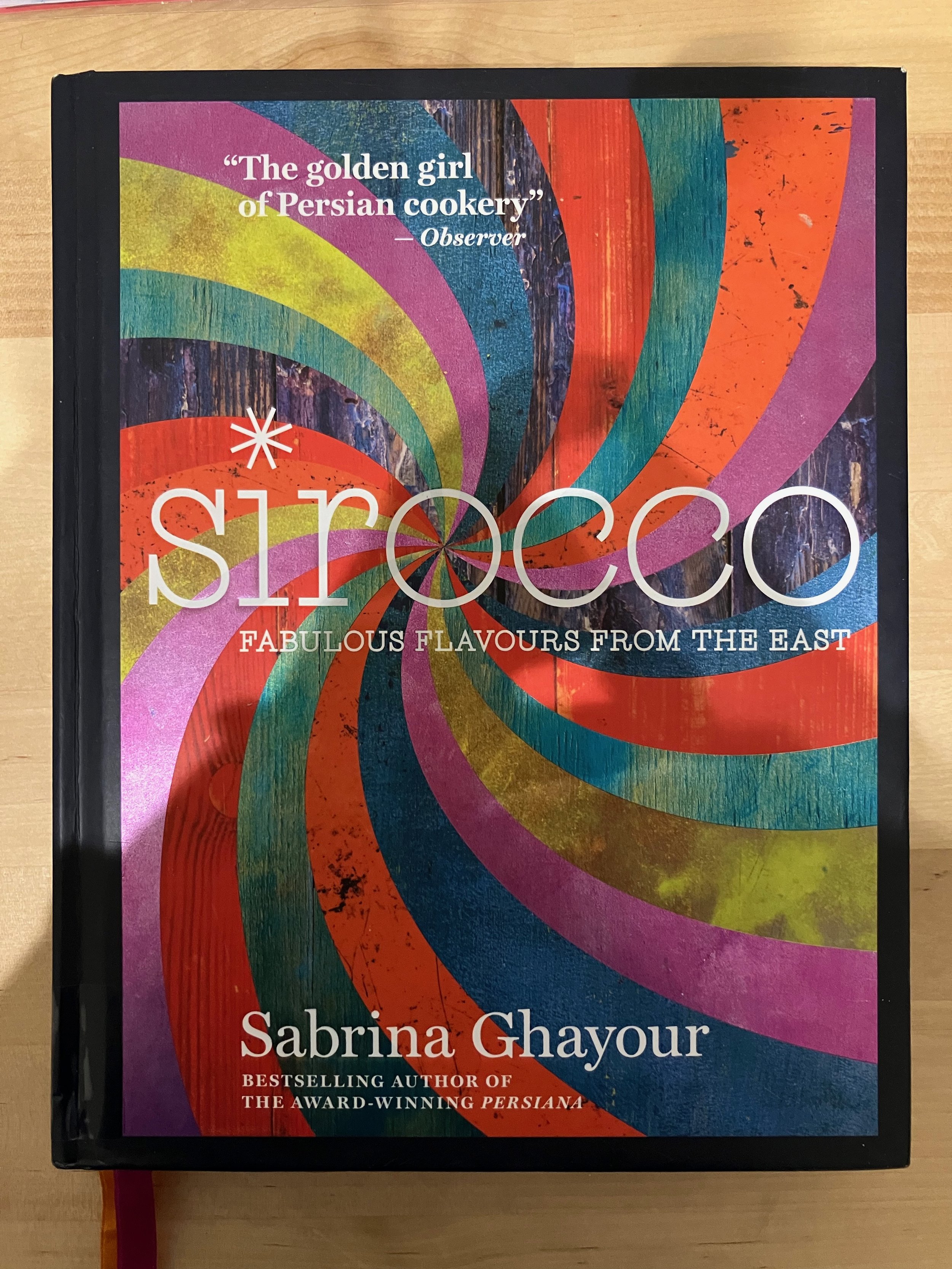Library Love Part II: The small joys of borrowed cookbooks.
I might be hopelessly late to the party, but I’ve just made the discovery that my local library has a cookery section. Having spent the last year shuttling between adult fiction (ground floor) and the children’s library (basement), the reference department on the first floor has been unchartered territory until now.
I ventured up there last week though, looking for a book on Turkey, since I visited magical Istanbul this year and wanted to read more about the country. Heading towards the travel section however, I was sidetracked by several shelves full of books on everything from breadmaking to vegan Christmas food, and my quest for travel books was quite forgotten.
Here's why I think borrowing cookbooks from the library is so great; firstly, cookbooks are expensive and bulky. They take up a lot of space on kitchen shelves and, when my budget does stretch to a hardback book, I end up in a tailspin, trying to choose one from the wall of enticing options on offer at Waterstones. I know I could by the book on e-reader or use the internet to look for recipes, but I like the hefty, workmanlike feel of a cookbook, as though it’s another tool in the cooking process. Borrowing a cookbook not only saves you some cash, but also means that you can dip in and out of a book without feeling as though you have to commit to making most of the recipes to get your money’s worth.
Of course, I like cookbooks for the stories they tell, too, and the picture they build up of someone’s approach to food and eating. I like hearing about the food memories the writer cherishes, the dishes they make the most, or grew up with, or miss their mum’s version of. Books on food connect us to other people; to cultures, places and histories, or just to other perspectives and preferences. Having access to all of these food stories for free, seems like stumbling across a treasure trove somehow.
There are other stories contained in borrowed cookbooks too. Of course, you can’t scribble on, or annotate library books (I mean, please don’t!) but cookbooks are meant to be worked with, and so, although you try and keep them away from the pan, inevitably, using them results in a slight spatter of oil across a photograph, or a dusting of cumin trapped between the pages. I like to see which pages in the library’s books are a bit stained, or which recipe the book naturally falls open to. I wonder who cooked these recipes before me, and whom they shared them with, and what they thought when they ate them, and how they’d make them differently next time. I wonder what sort of conversations they had over the meal and what inspired them to take out the book in the first place. Borrowing a cookbook creates a different kind of connection to other people – to all those who’ve taken out the book and had an experience of it before. I love that taking out cookbooks is so democratic, too – allowing everyone the opportunity to make new discoveries for themselves.
I took out Sabrina Ghayour’s book ‘Sirocco,’ and flicked through the pages over coffee, marvelling at the fact that, with just a few tweaks to my grocery list, I could make dishes which gave me a new insight into another life and culture. FOR FREE! Now that I’ve ventured to the first floor, I think I’m going to keep coming back (and I can thoroughly recommend the watercress, date and orange salad from Sirocco – now on constant rotation in my house!)
